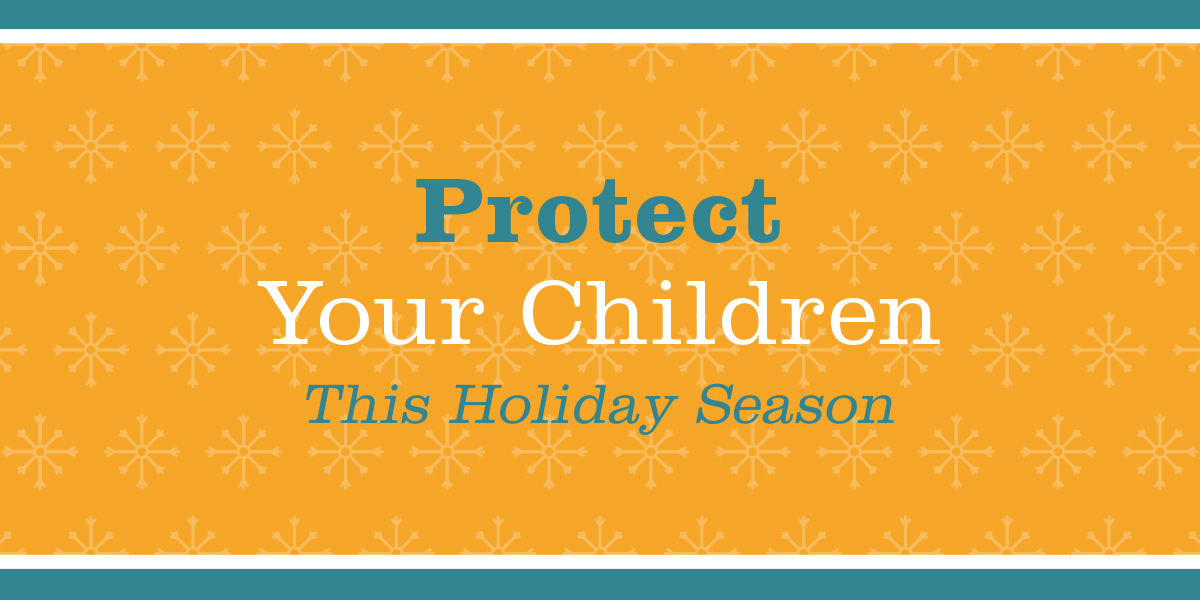
Stopping Sexual Abuse
Sexual abuse increases during the holidays when kids are often left with babysitters, there are guests staying in the home, and parents are often distracted. Here are some tips to better protect your child from sexual abuse:
- Talk to your child. Discuss boundaries with your child. Teach them that their body is their own and no one has a right to touch their body or take pictures of them without permission. Let them know it is okay to say no to unwanted hugs, kisses, or other affection. Tell them to talk to you or another Safe Adult if anyone crosses their personal boundaries. The key is to communicate regularly about abuse and safety.
- Limit alone time. 80% of sexual abuse occurs in one child – one adult situations. If you limit the opportunity, you will better protect your child. If you do need to leave your child alone with someone, let the person with them know you may pop in to check on them. Keeping those times “observable and interruptible” is the safer way to manage alone time. This goes for alone time with other youth also, as 30% of all child sexual abuse is perpetrated by other youth.
- Be alert. Often adults see indicators of abuse, but disregard the signs because the possible perpetrator is someone they know and trust. The sad reality is, that is exactly who we need to be watching. 90% of sexual abuse occurs by someone the child knows and trusts. No one is exempt, not even the closest, most beloved family member.
Preventing Physical Abuse
Increased stress, time commitments, and financial demands impact everyone during the holidays. Here are some tips to help you keep your cool during this stress-filled season:
- Take a breather. When you feel yourself on the verge of losing it with your child, take a break or a time-out. Send your child to their room or out to play, and you take some time to de-stress and calm down.
- Reach out. Call a friend and ask for support. We are often reluctant to ask others for help, but in a stress-filled, escalating situation, asking for help is not a sign of weakness, instead it shows how much you love your child. If you need support beyond friends, reach out to a mental health counselor.
- Be a support. Watch for signs of increased stress or possible abuse in those around you. If you see the signs, reach out and tell them you understand, you want to help, and ask how you can help lighten their load.
Source: https://thechildcenter.com
